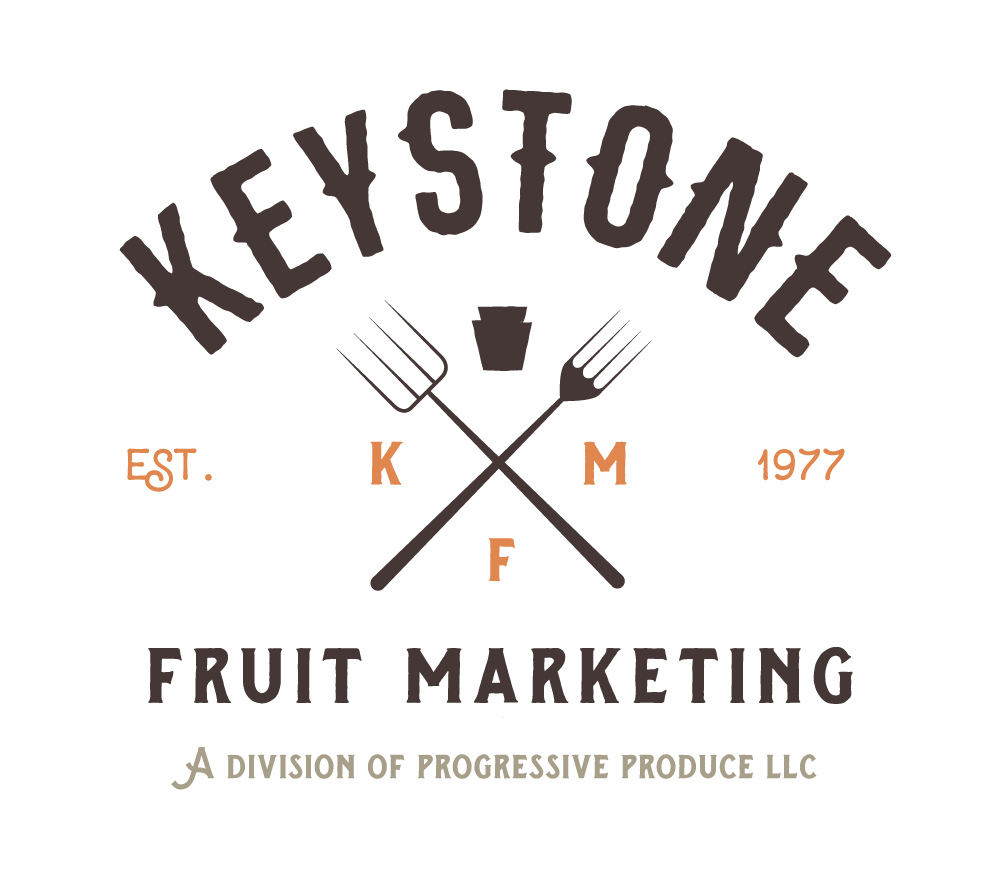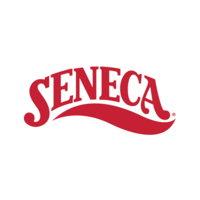While I was first attracted to the food industry by popular culture, my passion for food safety developed while performing undergraduate research. Growing up, I was fascinated by food episodes of “How It’s Made,” Jamie Oliver’s “Food Revolution” and food science documentaries. My food safety education brought together the hard science I was learning with soft science, including communications and human behavior.
Today I live out my passion as food safety manager at North Bay Produce Inc. and in my own kitchen. I value the safety of our consumers just as I value the safety of my friends and family. When our consumers pick North Bay Produce, food safety is expected.
Center for Produce Safety helps us answer produce safety’s ‘why’
Our cooperative’s growers take ownership of their food safety programs and have designated food safety representatives. They are certified to a Global Food Safety Initiative audit scheme, comply with regulations of the countries where that produce is grown and sold, and meet North Bay Produce’s food safety standards.
Our growers can face unique food safety challenges depending on their location, climate or country-specific resources. We build partnerships with them to support their food safety efforts and help them through challenges.
In our food safety training, we discuss the importance of the “why” behind our practices and procedures. If someone knows the “why” behind what they are doing, it promotes better understanding of and greater commitment to their food safety role.
Center for Produce Safety funds produce-specific food safety research that answers “why” for growers and packers. While CPS brings together produce safety professionals from companies competing for sales, we all recognize the importance of collaborating to improve food safety industrywide — produce safety itself isn’t competitive.
3 research projects to watch
As a producer who is also a member of the technical committee guiding CPS’ research program, I am particularly excited about three projects relevant to our Michigan apple growers and other produce industry members. Two projects seek to validate cleaning and sanitation procedures for fabric picking bags and wooden harvest bins; procedures for these porous surfaces are not aligned across our industry. The third project validated procedures for sanitizing water dump tanks.
A two-year project by Valentina Trinetta, Ph.D., lab-tested five commercially-available sanitizers on nylon, wood and plastic surfaces inoculated with common fresh-produce pathogens. Sanitizers were tested on both sessile organisms and biofilms — the former are just beginning to grow and haven’t progressed to form into biofilms, which are highly resistant to sanitizers. Top-performing sanitizers will be tested at small-, medium- and large-scale apple packinghouses this summer.
Trinetta’s findings will help growers and packers understand which sanitizers are most effective and improve their porous-surface sanitation procedures. Results will apply to any commodity using nylon picking bags, or wood or plastic harvest bins.
Abby Snyder, Ph.D., is evaluating whether superheated steam — aka “dry” steam because it doesn’t leave condensation — can be used to sanitize food contact surfaces including fabric and wood. This two-year project will determine how well superheated steam works and assess other key performance indicators including cost, range of applications and the effect of superheated steam’s extended use on equipment wear-and-tear and ambient relative humidity. This project leverages CPS funds with Snyder’s USDA Innovative Manufacturing Technology grant.
Related: Learn more about Center for Produce Safety research projects
Snyder’s findings will help industry assess benefits and tradeoffs to implementing superheated steam and has potential to improve our sanitation programs and better control cross-contamination risk. If superheated steam proves effective, then we may see this new sanitation process’s implementation.
A just-completed study by Meijun Zhu, Ph.D., evaluated the potential risk of Listeria cross-contamination in apple packinghouse dump tanks. Researchers studied the efficacy of two common industry sanitizers, and other Generally Recognized As Safe chemicals. Zhu will report on validated procedures for dump tank sanitation at CPS’ upcoming research symposium. These findings will help our apple suppliers improve their packing practices. She credits Washington industry cooperators for their help and guidance.
You too can benefit from CPS
Start getting involved with CPS by attending the annual research symposium, convening this June 20-21 in Atlanta. (North Bay Produce is a Silver Sponsor.) We always come back from this event with new knowledge or solutions to improve our food safety practices. All of CPS’ research reports are available year-round on CPS’ website, free of charge.
And consider volunteering. Participating on CPS’s diverse Technical Committee allows me to bring our food safety challenges to CPS, and to be part of the process that funds research that benefits my company and the entire produce industry. There’s always something to learn from others in the group.
CPS’ mission — fund science, find solutions, fuel change — speaks for itself. Our industry is rightly being held to high standards by our consumers, customers and government. But it can be challenging to figure out the best way to improve our practices. CPS finds solutions to our knowledge gaps, and fuels change in our industry to improve produce safety for the long term.
Kinsey Clishe is food safety manager at North Bay Produce Inc., an international grower-owned cooperative with over 2,000 farms across North, Central and South America. She is a member of Center for Produce Safety’s Technical Committee, which guides the center’s produce-centric food safety research program. Clishe earned a bachelor’s degree in food science from North Carolina State University and a master’s degree in food, nutrition and culinary sciences from Clemson University.
















